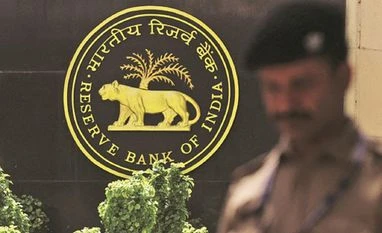The Reserve Bank of India (RBI) on Friday said it is not mandatory for banks and NBFCs to raise green funds, but in case they intend to do so they must follow the prescribed framework.
The central bank has issued a set of Frequently Asked Questions (FAQs) on the 'Framework for Acceptance of Green Deposits'.
In April 2023, it had issued detailed guidelines for acceptance of "green deposits" by banks and Non-Banking Financial Companies (NBFCs) wherein the funds could be used for financing activities like renewable energy, green transport and green buildings.
The framework came into effect from June 1, 2023.
According to the FAQs, the RBI-regulated entities (REs) should pay interest on green deposits to their customers as per agreed terms and conditions and prescribed directions irrespective of allocation/utilisation of proceeds.
Also, "there is no restriction on premature withdrawal of green deposits, however, the REs shall adhere to the extant guidelines referred to above".
More From This Section
Premature withdrawals will also not have any bearing on activities/projects undertaken using the proceeds of green deposits, as per the FAQs.
REs can temporarily park proceeds of green deposits, pending allocation towards green activities/projects, in liquid instruments with maximum maturity up to one year, it said.
Foreign banks can have a common global policy on green deposits, without prejudice to provisions of the framework for green deposits raised in India after June 1, 2023, it added.
If the green deposits will be denominated in foreign currency, the FAQs said the current framework permits green deposits to be denominated in Indian rupees only.
The financial sector can play a pivotal role in mobilising resources and their allocation thereof in green activities/projects. Green finance is also progressively gaining traction in India, the RBI had said while issuing the framework for acceptance of green deposits by regulated entities.
Some REs are already offering green deposits for financing green activities and projects.
The purpose and rationale for the framework is to encourage REs to "offer green deposits to customers, protect interests of depositors, aid customers to achieve their sustainability agenda, address greenwashing concerns and help augment the flow of credit to green activities/projects".
)